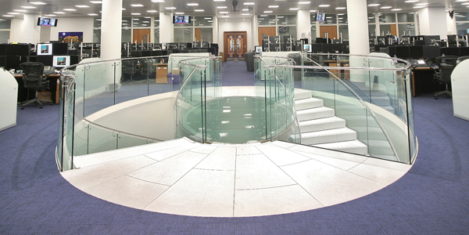June 10, 2020
IWBI launches WELL health and safety rating for buildings
 The International WELL Building Institute (IWBI) has annouced the launch of the WELL Health-Safety Rating for all building and facility types, an “evidence-based, third-party verified rating focusing on operational policies, maintenance protocols and design strategies to address a post COVID-19 environment”. The new health and safety rating is one of the earliest outcomes of IWBI’s Task Force on COVID-19, a group of nearly 600 public health officials, virologists, government officials, academics, business leaders, architects, designers, building scientists and real estate professionals, which was established in late March to help guide a response to the pandemic. (more…)
The International WELL Building Institute (IWBI) has annouced the launch of the WELL Health-Safety Rating for all building and facility types, an “evidence-based, third-party verified rating focusing on operational policies, maintenance protocols and design strategies to address a post COVID-19 environment”. The new health and safety rating is one of the earliest outcomes of IWBI’s Task Force on COVID-19, a group of nearly 600 public health officials, virologists, government officials, academics, business leaders, architects, designers, building scientists and real estate professionals, which was established in late March to help guide a response to the pandemic. (more…)












 The Coronovirus outbreak and the worldwide reaction to the pandemic will force companies to radically rethink how they operate and embrace technological investment, claims global tech market advisory firm, ABI Research. In its new white paper,
The Coronovirus outbreak and the worldwide reaction to the pandemic will force companies to radically rethink how they operate and embrace technological investment, claims global tech market advisory firm, ABI Research. In its new white paper, 




 Despite holding firm in 16th place, the UK is being outpaced by greater improvements in female employment prospects in other OECD countries, according to PWC’s latest
Despite holding firm in 16th place, the UK is being outpaced by greater improvements in female employment prospects in other OECD countries, according to PWC’s latest 


 Eastern European businesses have benefited overall from EU membership but, for local firms, the promise of joining does not always live up to expectation or improve productivity, a
Eastern European businesses have benefited overall from EU membership but, for local firms, the promise of joining does not always live up to expectation or improve productivity, a 









May 1, 2020
Organisations should seize this opportunity to look at their values
by James Morley • Comment, Flexible working, Wellbeing